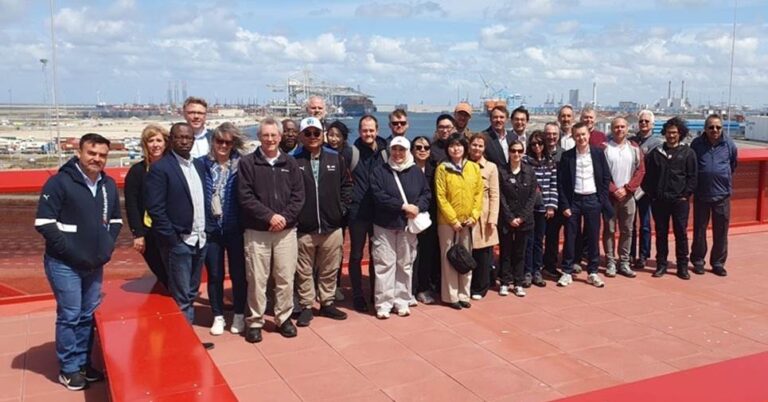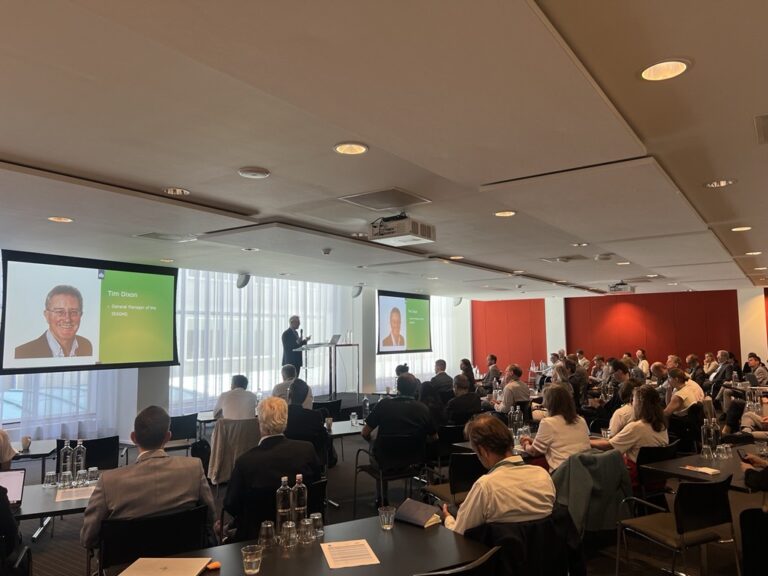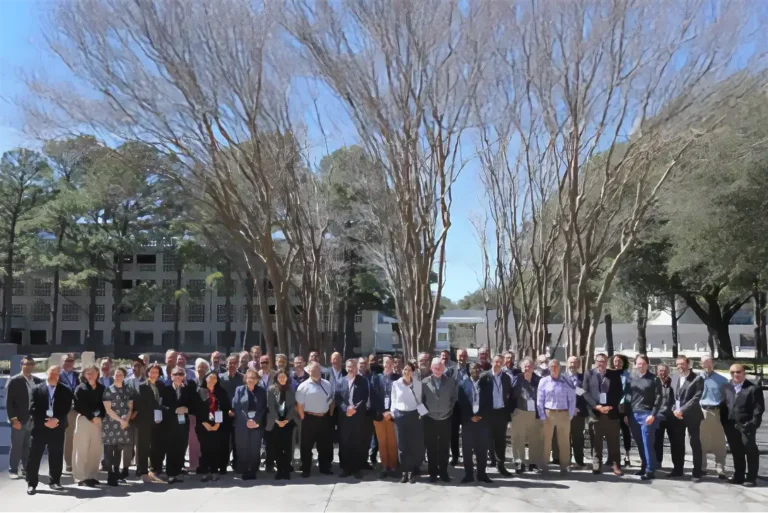
CCUS 2019: “Capturing the Clean Growth Opportunities”
8 November 2019

On Wednesday, 6 November, the UK Carbon Capture and Storage Association (CCSA) hosted around 200 delegates at the CCUS 2019 conference in London. The one-day conference was the first of what is expected to be an annual event in the UK.
In her welcoming remarks, Baroness Liddell of Coatdyke, CCSA President, apologised that, due to an important alternative engagement, the UK’s Minister of State for Business, Energy and Clean Growth, Kwasi Kwarteng, was unable to give his address. She stressed, however, that the Government was now totally on board and fully accepted the importance of CCUS for the UK.
With its target, passed into law earlier this year (June), the UK is required to bring all greenhouse gas emissions to net zero by 2050. In doing so, the UK became the first major economy to pass laws to end its contribution to global warming by 2050.
In May, the UK’s Committee on Climate Change published its report, “Net Zero: The UK’s contribution to stopping global warming”, in which it firmly stated that, to meet net-zero emissions within this time frame, CCUS was essential.
That CCUS would be an essential contributor to meeting the UK’s climate ambitions suddenly changes the urgency with which the UK’s energy system must be transformed. There is no longer an argument about whether CCUS has a role to play, but how and how quickly it can be deployed. Indeed, industry was visibly and vocally present in numbers at the conference.
There was strong attendance from all parts of the UK’s CCUS community, along with a smattering of interest from farther afield. The atmosphere at the event was one of optimism. While the UK had been through cycles of optimism in the past, they were unfortunately followed by disenchantment, the general feeling was that this time it would be different. The commitment to net-zero had inexorably changed the landscape – as would CCUS.
With past failures considered partially a consequence of the focus on capture from a single point source, putting all ones eggs in a single basket, clusters are now the way forward. To emphasise this, the CCUS Cost Challenge Task Force (CCTF) had recommended at least two clusters by the mid-2020s, the Committee on Climate Change recommending 3 to 5 clusters to achieve the net-zero commitments and the BEIS select committee recommending at least 3 clusters. Importantly, a focus on (blue) hydrogen was also recognised as a central component in the UK context.
While it was clear to all there was now real momentum behind CCUS in the UK, delegates were also sufficiently realistic to acknowledge the barriers that must be addressed and overcome. The roles of both industry and government needed to be clarified and agreed, no trivial task. For their profits to be assured, industry would need to embrace totally the move to a low-carbon future. Government would need to establish the legal and regulatory environment, with carrots and sticks, under which industry would operate. Both industry and government need to step up substantially for the net-zero target to be met. Interim targets would also need to be set up and met.
Putting past disappointments aside, the UK is ready once more to step up as a major international player on CCUS. Time was at a premium. Given a (very) fair wind, the first swathe of CCUS projects were slated for 2024 or soon thereafter.
Other articles you might be interested in
Get the latest CCS news and insights
Get essential news and updates from the CCS sector and the IEAGHG by email.
Can’t find what you are looking for?
Whatever you would like to know, our dedicated team of experts is here to help you. Just drop us an email and we will get back to you as soon as we can.
Contact Us NowOther articles you might be interested in
Get the latest CCS news and insights
Get essential news and updates from the CCS sector and the IEAGHG by email.
Can't find what you are looking for?
Whatever you would like to know, our dedicated team of experts is here to help you. Just drop us an email and we will get back to you as soon as we can.
Contact Us Now









